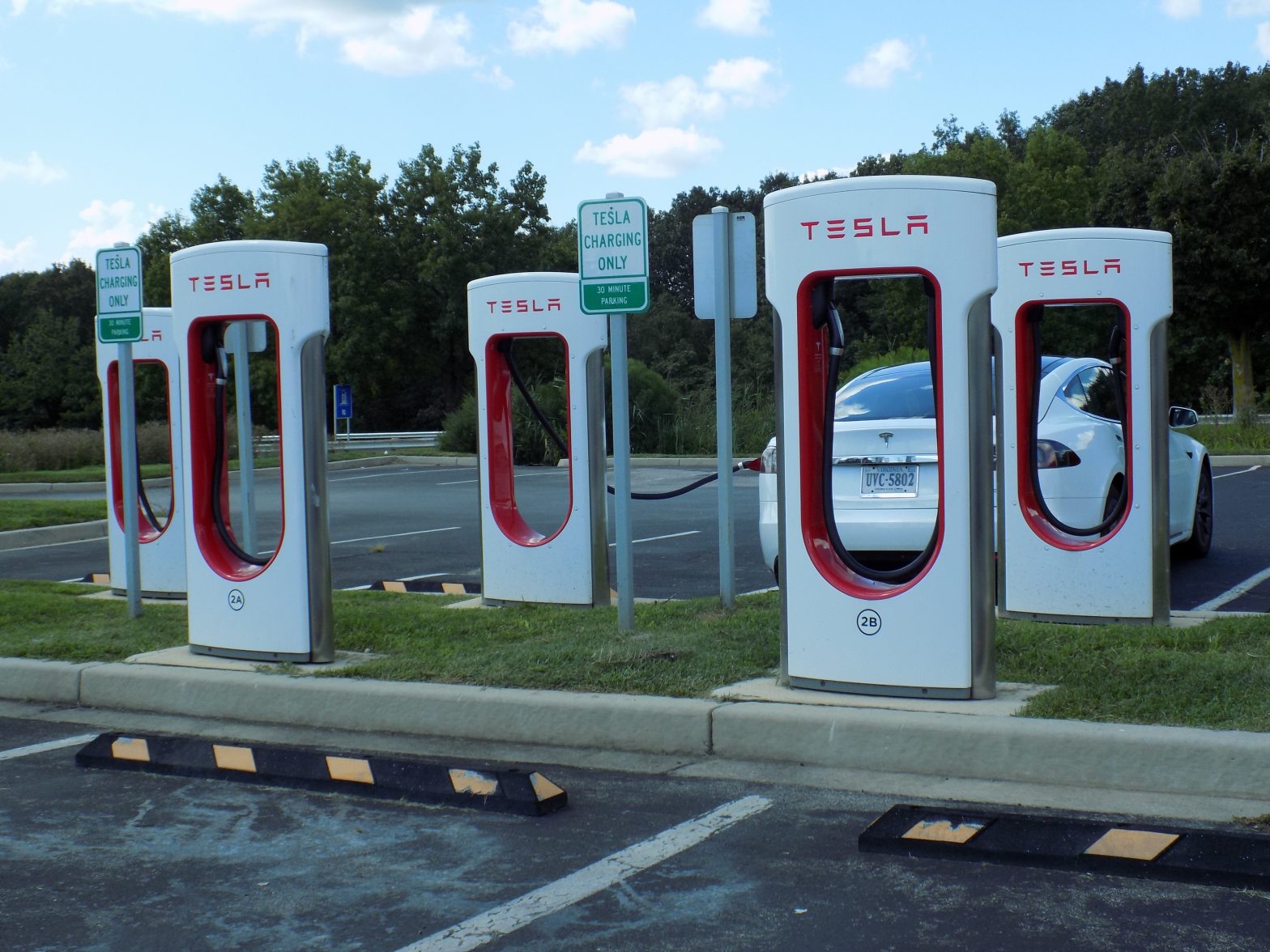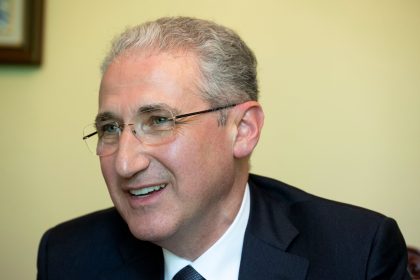U.S. Push For Electric Vehicles for Emergency, Economy, Environment

WASHINGTON — President Biden’s early agenda shows sustainability enjoying the highest priority it has ever received. Yet analysts wonder how this focus on the environment will affect America’s economy.
Take, for example, the automobile industry.
The manufacture and sale of automobiles is a significant component of the U.S. economy, directly employing some 2.5 million workers and generating over 17.5 million in vehicle sales. A push for electric vehicles appears to fit strongly into the Biden Administration’s climate change plans, but a future of sustainable vehicles may shake up an industry that accounts for about 3.5% of U.S. GDP.
To dive further into the issue, the website Axios held an online discussion on the future of sustainable vehicles featuring Sen. Debbie Stabenow, D-Mich., as well Kuman Galhotra, Ford Motor Company Americas and International Markets Group president, and SAFE CEO Robbie Diamond.
“I don’t believe we have an economy unless somebody makes something or grows something,” said Stabenow, whose state economy relies heavily on the financial fortunes of the auto industry. “When we talk about leveraging what we grow [and] opportunities for farmers… leveraging manufacturing is really a big part of that.”
Stabenow pointed to automobile manufacturers’ current use of sustainable materials in their products, like Ford seats comprised of soybean foam in lieu of petroleum foam and cup holders made of corn byproducts. And she sees the push toward electric vehicles as an important extension of this sustainability work.
Ford is a 117-year-old American company, which employs over 55,000 hourly workers and builds and exports more vehicles than any other automaker in the U.S. With a look toward the future, Ford has invested heavily in electric vehicles, committing $11.5 billion to electrify its portfolio with products like the Mustang Mach-E, a purely electric F150, and a van coming in 2022.
“We are committed. These are the vehicles of the future [and electric] is the fuel of the future. We don’t want to get left behind,” said Galhotra.
But will the American public buy in?
“[Eventually], it’ll happen, it will drive by itself,” said Stabenow. “But until we get to critical mass, where the price comes down because of buy-in, we need to encourage purchasers,” said Stabenow, arguing for consumer credits. In addition to incentivizing consumers, she also called for the government to support electric vehicle infrastructure as well as additional research around heavy-duty trucks and larger vehicles.
“To truly electrify vehicles in America is going to take a strong public/private partnership,” agreed Galhotra, echoing Stabenow’s call for tax credits and infrastructure to include charging capabilities and R & D for batteries, which is where he says “the battle will be won or lost.”
Last year’s transportation bill offered a strong start, including a $1 billion investment in electric vehicle infrastructure, specifically charging stations. But advocates say that a major investment in the entire supply chain, starting with the development of batteries, is as important to the nation’s future security as it may be to its environmental stability.
“Even beyond climate change, we need to be doing this,” said Diamond, who argued the electric vehicle supply chain is an essential national security issue. “It’s not a question of if, but when and where this electrification will happen,” he said.
And for Diamond, it’s happening in China.
Not only does China have a greater appetite for electric vehicles and enjoys a cost advantage on electric cars due to national and foreign investments in their EV products, but other countries are rapidly becoming dependent on batteries and transportation technology from China, he said.
“The supply chain China has over electric vehicles is even bigger than [the one] Saudis have over oil,” Diamond said, saying that 95% of battery processing is done in China, even in cases where America supplied the raw materials.
“We need this in Michigan – in America,” said Stabenow. “China is way ahead of us. Shame on the U.S.! We need to turn that around.”
“What’s happening around the climate crisis is important to us,” said Stabenow, focused equally on national competitiveness, the “serious and existential threat of carbon pollution,” and “a robust open economy with clean jobs… and I’m glad the Biden Administration sees [all] these together.”
“I think we have to get over this sense that this is hard. This is not hard,” she insisted. “This is a win, win, win. For the environment and for jobs, yes, and if we’re talking about making things, then Michigan can do it.”
























